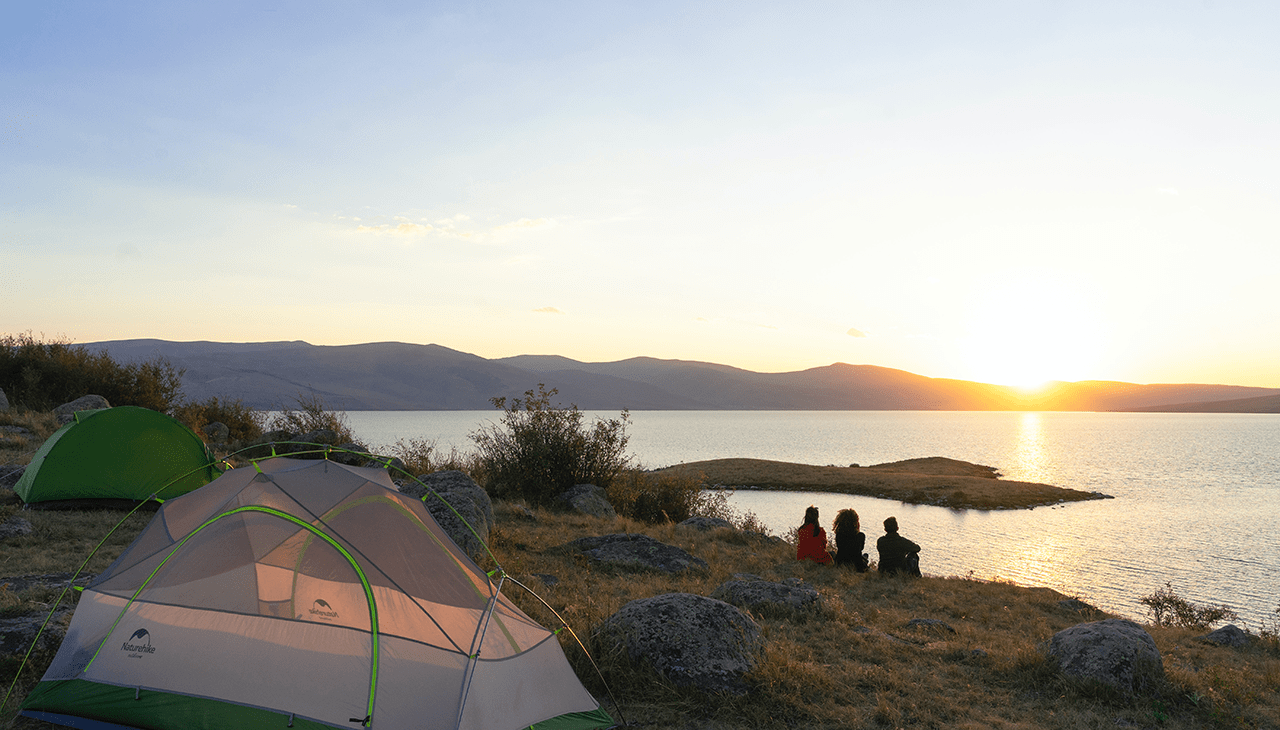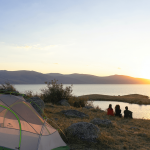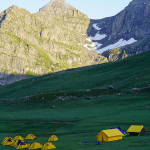
The world around us is an incredible and vast expanse of natural beauty that beckons the adventurous at heart. From snowy mountain peaks to lush valleys, those who seek out meaningful outdoor experiences are continually drawn outdoors. But as adventure seekers discover more wild places, it’s increasingly important to ensure that these spaces remain available to adventurers for years to come. This can be achieved through sustainable outdoor recreation practices- a set of guidelines designed to promote balance between enjoying the great outdoors while responsibly protecting them from potential damage or overuse. Keep reading this post for further information on why these practices are essential and how you can join in by implementing them into your wilderness adventures!
Understanding the Impact of Outdoor Recreation on Nature and Wildlife
While outdoor recreation can be an enjoyable and meaningful experience, it’s important to be aware of the potential impact on nature and wildlife. Here are some important things to keep in mind:
- Trail etiquette: Stick to designated trails and avoid stepping on vegetation. This helps preserve the natural habitat and prevents erosion.
- Animal encounters: Respect wildlife and keep a safe distance. Never feed animals, as this can disrupt their natural behavior and lead to dependence on humans.
- Leave No Trace: Pack out all trash and leave the area as you found it. This helps prevent litter and preserves the natural beauty of the environment.
- Be aware of fire safety: Follow local regulations for building fires and ensure that fires are properly put out before leaving the campsite. Unattended or improperly extinguished fires can cause devastating wildfires and harm wildlife.
- Use sustainable practices: Consider using biodegradable and sustainable products, such as compostable camping gear and reusable water bottles.
By taking these actions, we can help preserve the natural environment and ensure that future generations can enjoy the beauty of the outdoors.
Tips for Reducing Your Carbon Footprint When Enjoying Outdoor Activities
It’s important to be mindful of our impact on the environment when engaging in outdoor activities. Here are some tips for reducing your carbon footprint when enjoying the great outdoors:
- Choose eco-friendly transportation: Walk, bike, or take public transportation instead of driving to your destination. If you must drive, carpool with friends or use a fuel-efficient vehicle.
- Reduce energy use: Use solar-powered camping equipment, such as lanterns and chargers, to reduce reliance on fossil-fuel-based energy sources.
- Pack lightly: Bring only what you need and avoid overpacking. Extra weight on trips means more fuel consumption, which can increase your carbon footprint.
- Avoid disposable products: Bring reusable water bottles, utensils, and food containers instead of disposable products.
- Use environmentally-friendly cleaning products: Clean up using biodegradable soap and avoid polluting natural water sources.
- Support local conservation efforts: Consider supporting environmental conservation organizations that protect natural habitats, wildlife, and the overall environment.
By following these simple tips, we can help reduce our impact on the environment and preserve the natural wonders of our planet.
Finding Alternative Ways to Explore the Outdoors Without Putting Stress on Natural Resources
Exploring the great outdoors is a wonderful way to connect with nature. However, it’s important to find alternative ways to explore that don’t put unnecessary stress on natural resources. Here are some tips for doing so:
- Consider non-motorized activities: Instead of using motorized vehicles, try non-motorized activities like hiking, biking, or canoeing. Not only are these activities better for the environment, but they also allow you to experience the outdoors more intimately.
- Stick to designated trails: Stay on designated trails to avoid damaging vegetation and causing erosion. Avoid creating new trails, as this leads to habitat fragmentation and can disrupt wildlife movement.
- Practice catch-and-release fishing: If you enjoy fishing, practice catch-and-release techniques to minimize harm to fish populations and their habitats.
- Respect wildlife: Keep a safe distance from wildlife and avoid disturbing their habitats. Do not feed wildlife, as this can disrupt their natural behavior and lead to a dependence on humans.
- Use responsible camping practices: Follow Leave No Trace principles when camping to minimize your impact on the natural environment. Pack out all trash, use biodegradable soap, and avoid creating new trails or campsites.
- Support conservation efforts: Consider volunteering with or donating to conservation organizations that protect natural habitats and wildlife.
By finding alternative ways to explore the outdoors, we can reduce our impact on natural resources and preserve the beauty of our planet.
Exploring Sustainable Practices for Outdoor Adventure and Conservation
Sustainable practices are important when it comes to outdoor adventure and conservation. Here are some sustainable practices to consider:
- Reduce waste: Bring reusable containers and utensils instead of plastic or disposable items. Properly dispose of waste and recycle when possible.
- Conserve water: Use water sparingly and bring a water filtration system for camping trips instead of relying on bottled water.
- Choose sustainable gear: Look for gear made from sustainable materials and consider renting gear instead of buying new items.
- Support conservation efforts: Volunteer with or donate to conservation organizations that protect natural habitats and wildlife.
- Choose eco-friendly transportation: Use public transportation or carpool when possible and consider using electric or hybrid vehicles.
- Respect natural habitats: Stick to designated trails and avoid disturbing wildlife habitats. Avoid creating new trails or campsites.
- Reduce energy consumption: Use solar-powered gear and LED lights to reduce reliance on non-renewable energy sources.
By incorporating these sustainable practices into our outdoor adventures, we can help preserve the natural environment and enjoy the great outdoors for generations to come.





